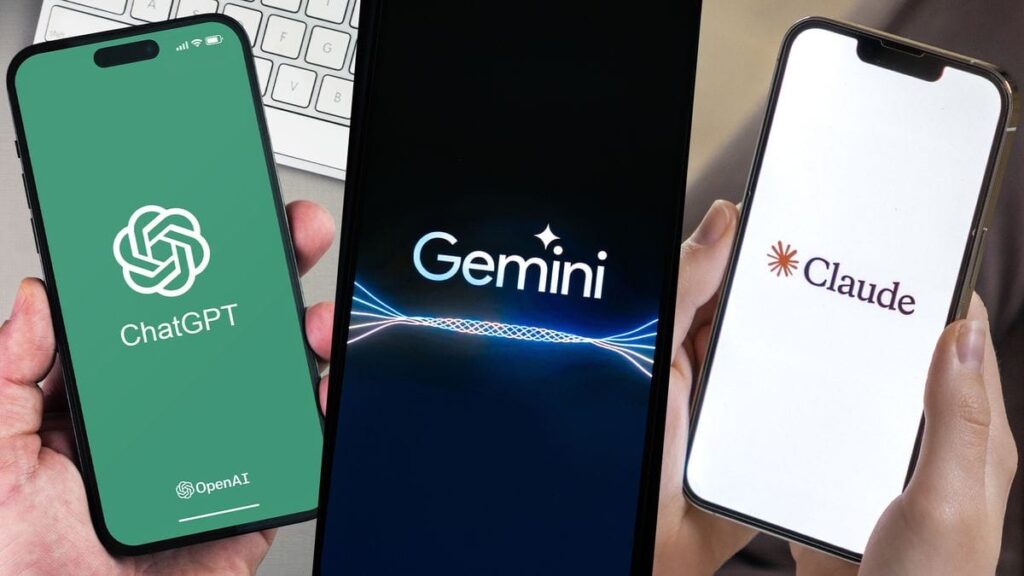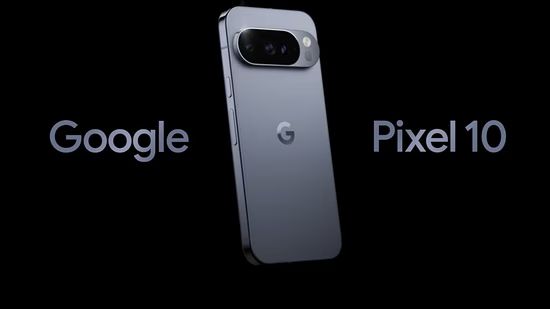Introduction – ChatGPT vs Gemini Nano vs Claude
ChatGPT vs Gemini Nano vs Claude . Artificial Intelligence is no longer sci-fi — in 2025, AI assistants are tools many of us use daily. But with multiple heavyweights in the ring, one question looms: Which AI is truly the smartest?
In this article, we pit ChatGPT, Google’s Gemini Nano, and Anthropic’s Claude against each other. We’ll cover capabilities, performance, cost, safety, use-case strengths, and ultimately decide which is best for you.
Whether you’re a blogger, developer, business user, or just curious, you’ll find plenty of insight — and I’ll also drop in a few places you can click to try or buy, if you’re ready.

Table of Contents
What Are These AI Assistants? – ChatGPT vs Gemini Nano vs Claude
ChatGPT (OpenAI) – ChatGPT vs Gemini Nano vs Claude
- ChatGPT is arguably the most known name in conversational AI.
- It has multiple model variants (GPT-4, GPT-4o, o3, etc.) tailored for different use cases. Data Studios ‧Exafin+1
- Strengths: large user base, robust integrations, strong performance in creative writing, dialogue, content generation.
Gemini Nano (Google) – ChatGPT vs Gemini Nano vs Claude
- Gemini is Google’s AI model family; Nano is one of its lighter / more optimized versions. Wikipedia
- It’s multimodal (text, image, possibly audio) and integrates well with Google’s ecosystem (Search, Docs, etc.). Wikipedia+2Data Studios ‧Exafin+2
- Tailored for speed, accessible usage, and hybrid tasks.
Claude (Anthropic) – ChatGPT vs Gemini Nano vs Claude
- Claude is developed by Anthropic, emphasizing safety, clarity, and reasoning. Wikipedia+3Wikipedia+3Data Studios ‧Exafin+3
- The Claude 3 family (Opus, Sonnet, Haiku) is known for structured thought, document handling, and safer output. Wikipedia+2improvado.io+2
- It often excels when you want consistent, reliable reasoning across long inputs.
Head-to-Head Comparison: Key Metrics & Use Cases – ChatGPT vs Gemini Nano vs Claude
| Metric / Feature | ChatGPT | Gemini Nano | Claude |
|---|---|---|---|
| Creativity & Writing | Strong — good for storytelling, essays | Decent, especially for integrated tasks | Very good — clarity, summaries, safe output |
| Multimodal / Image / Media | Supports image + voice in newer variants | Strong — deep Google integration | Some support for file/image inputs |
| Reasoning & Logic | Good; sometimes hallucinations | Balanced; good in mixed tasks | Very reliable in structured reasoning |
| Handling Long Documents | Good, but costs escalate | Gemini’s context lengths are increasing (Wikipedia) | Claude’s context & safety features often shine |
| Speed & Responsiveness | Generally fast, especially for shorter prompts | Often optimized for snappy responses | Slightly more cautious but dependable |
| Cost / Resource Efficiency | Varies by plan / usage | Nano is leaner and may cost less for lighter tasks | Premium, especially for higher-tier models |
| Safety & Output Control | Strong filters, but risk of biases | Google aims for safe defaults | One of Claude’s selling points is safety-first design |
Real-World Scenarios: Which AI Wins Where? – ChatGPT vs Gemini Nano vs Claude
Let’s see how they behave in practical, real-use cases. You can also test each yourself (affiliate links below).
1. Content & Blogging
- ChatGPT: Great at idea generation, drafts, rewriting.
- Gemini Nano: Good for quick drafts with image support, seamless integration with Google Docs.
- Claude: Excellent at consistency, less prone to hallucinations in detailed writing.
Verdict: ChatGPT or Claude depending on tone vs reliability.
2. Coding & Technical Tasks
- Many users report Claude performs extremely well on structured coding tasks. creatoreconomy.so+2improvado.io+2
- Gemini is catching up with reasoning and code support.
- ChatGPT remains strong, especially with code generation and debugging.
3. Multimodal / Media Tasks
- Gemini may have the edge because of its deep integration with Google’s imaging, audio, and video tools.
- ChatGPT (in newer versions) supports image & voice.
- Claude is solid but slightly behind in media-centric tasks.
4. Enterprise & Long-Form Reasoning
- Claude is often preferred in business settings because of its safer outputs and ability to reason over long documents without drifting.
- ChatGPT is used widely in enterprises too, but care needs to be taken with hallucinations.
- Gemini is building up enterprise features.
Latest Developments (2025 Trends) – ChatGPT vs Gemini Nano vs Claude
Google’s Gemini 2.5 Pro is pushing larger context windows. Wikipedia
Claude is expanding safety, context ranges, and integration with enterprise tools. Wikipedia+2improvado.io+2
In a recent benchmarking of calculus problem-solving, ChatGPT outperformed Claude Pro and Gemini Advanced in success rate. arXiv
Performance comparisons across models show trade-offs — no model dominates all tasks. improvado.io+2creatoreconomy.so+2
Strengths & Weaknesses Summary – ChatGPT vs Gemini Nano vs Claude
✅ ChatGPT:
- Pros: Creativity, widespread adoption, integration, active community
- Cons: Occasional hallucinations, cost for heavy usage
✅ Gemini Nano:
- Pros: Efficiency, multimodal strengths, Google ecosystem synergy
- Cons: Less proven in some edge cases, evolving capabilities
✅ Claude:
- Pros: Reliability, safety, strong reasoning, stability for long inputs
- Cons: More expensive, slightly less flashy in creative media tasks
My Verdict: Who’s Smartest for You? – ChatGPT vs Gemini Nano vs Claude
There’s no one-size-fits-all. The smartest AI depends on your needs:
- For creative writing, marketing, general tasks → ChatGPT shines.
- For business, legal, analysis, structured tasks → Claude is your go-to.
- For integrated multimedia, fast responses, Google-first workflows → Gemini Nano is strong.
Overall, if I had to pick a champion, I lean toward Claude as the most balanced “smartest” due to reliability and safety — with ChatGPT as a powerful creative companion and Gemini Nano as the underdog ready to surprise.
“If you want to try ChatGPT Pro / GPT-4 subscription, you can check the latest offers here 👉 CHATGPT-PRO
“For Google users, Gemini Nano / Gemini Advanced trial links are available here 👉 GEMINI ADVANCED
“Claude’s premium tiers with enhanced context & safety are worth exploring — get access here 👉 CLAUDE
Google Gemini Nano 2025: Full Guide, Features & How It’s Changing AI Forever
Conclusion
2025 is a golden year for AI assistants. ChatGPT, Gemini Nano, and Claude each bring unique strengths to the table. Rather than asking which is “best” overall, think: which is best for your needs — creativity, reliability, integration, or safety.





